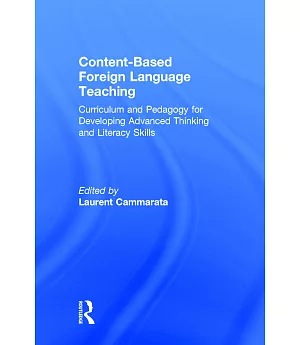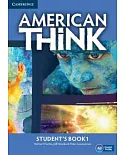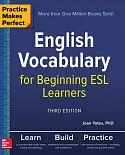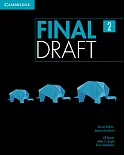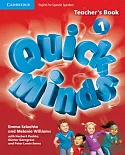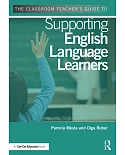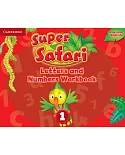Pushing the field forward in critically important ways, this book offers clear curricular directions and pedagogical guidelines to transform foreign language classrooms into environments
where stimulating intellectual curiosity and tapping critical thinking abilities are as important as developing students’ linguistic repertoires. The case is made for content-based
instruction—an approach to making FL classrooms sites where intellectually stimulating explorations are the norm rather than the exception. The bookexplicitly describes in detail how
teachers could and should use content-based instruction, explains how integration of content and language aims can be accomplished within a program, identifies essential strategies to support
this curricular and pedagogical approach, discusses issues of assessment within this context, and more.
Content-Based Foreign Language Teaching provides theoretical perspectives and empirical evidence for reforming curricula and instruction, describes models and curriculum planning strategies
that support implementation of well-balanced FL programs, explores the transformative potential of critical pedagogy in the FL classroom, and offers illustrations of secondary and
post-secondary language programs that have experimented with alternative approaches. Advancing alternatives to conventional curriculum design, this volume posits meaning-oriented approaches
as necessary to create language programs that make a great difference in the overall educational lives of learners

